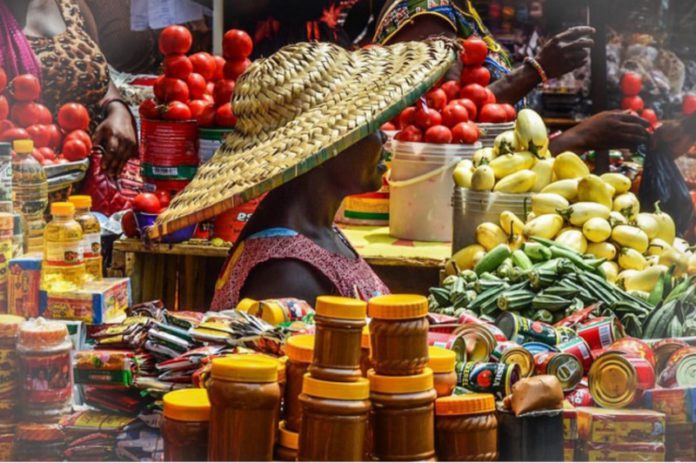The Ghana Statistical Service (GSS) has reported a 7.3% increase in food insecurity across the country between the first and last quarters of 2024, despite ongoing national initiatives aimed at reducing hunger.
According to a press release issued on Thursday, October 16, the number of Ghanaians lacking access to sufficient and nutritious food rose from 12.4 million in the first quarter to 13.3 million by the end of the year.
This revelation coincides with the commemoration of World Food Day, marked under the theme “Right to Foods for a Better Life and a Better Future.”
The GSS described the theme as a reminder that access to nutritious food is a basic human right, and that ending hunger demands collective global commitment.
The Service noted that although national and local efforts continue, inequalities across regions and gender lines remain significant.
The Volta Region recorded the highest rate of food insecurity, inching up from 51.5% to 52% between the first and fourth quarters of 2024. Meanwhile, the Greater Accra Region, though still the lowest, saw a notable increase from 20.2% to 29% within the same period.
Gender disparities were also evident.
“The proportion of female-headed households that were food insecure increased from 40.4 percent in the first quarter to 44 percent in the fourth quarter,” the report stated.
“Among male-headed households, the rate rose from 32.4 percent to 37.1%.”
The GSS further highlighted a troubling connection between food insecurity and child nutrition, revealing that the proportion of households with underweight children under five years who were food insecure climbed from 38% to 44.9%.
Conversely, the share of households with wasted children (a sign of acute malnutrition) dropped slightly from 46.2% to 43.5%.
According to the Service, these findings underscore ongoing nutritional challenges, particularly in households with young children suffering poor health outcomes.
The report also indicated that the number of Ghanaians who are both food insecure and multidimensionally poor increased by 400,000, from 3.7 million in the first quarter to 4.1 million in the last quarter of 2024.
“This reinforces the need for integrated policy responses that address multiple deprivations such as income, health, education, and living standards simultaneously.”
the GSS stated.
As Ghana continues its pursuit of Sustainable Development Goal 2 (Zero Hunger), the Statistical Service is calling for data-driven and coordinated policy actions to strengthen food systems and ensure all citizens have access to nutritious diets.
It urged increased investment in smallholder farmers, climate-resilient agriculture, and targeted programmes to close regional and gender gaps in food access.
“Food insecurity is not inevitable; with the right data, the right policies, and the right partnerships, every Ghanaian can have access to safe, nutritious, and affordable food.”
the statement concluded. “The time to act is now so that no table is left empty.”
Source: Adomonline
ALSO READ:



